Instability after the elections in the Congo remains a problem for the new president of the country.
Elections
Protests in the Congo have not subsided for several weeks. Earlier in the country presidential elections were held, after which destabilization widespread destabilization began.
On January 20, the Constitutional Court of the Democratic Republic of the Congo (DRC) formally approved the results of the presidential elections held on December 30, 2018. The leader of the Union for Democracy and Social Progress party, Félix Tshisekedi, won with 38.6% of the vote. Tshisekedi is an opposition candidate, the son of Étienne Tshisekedi, the main opponent of the long-term ruler of the Congo, Joseph Kabila. The father of the new president also headed the largest opposition party in the DRC – the Union for Democracy and Social Progress.
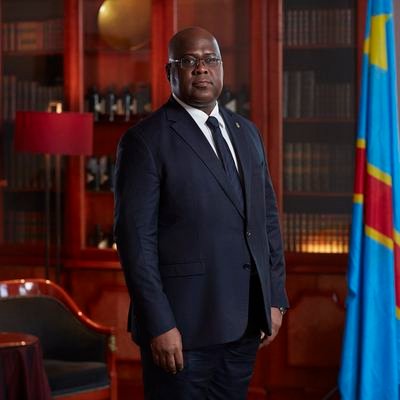
The authorities of the Democratic Republic of the Congo turned off the Internet connection after the completion of voting in the presidential elections, which served as a pretext for criticizing the authorities and accusations of fraud.
Finally, the election results were announced – opposition candidate Félix Tshisekedi (about 38.6%) won the elections, while opposition candidate Martin Fayulu (34.8%) took second place, and the candidate of the ruling party and incumbent president Emmanuel Shadari took third (23.8%). However, after the announcement of the results, Martin Fayulu accused Tshisekedi of rigging the vote, which led to protests and clashes between supporters of both opposition candidates in the country.
Fayulu has urged the Congolese people not to recognize anyone who “illegitimately claims” to be president. “The constitutional court has just confirmed that it serves a dictatorial regime … by validating false results, [and enabling] a constitutional coup d’etat,”
Martin Fayulu is a former ExxonMobil executive, having worked with the oil company from 1984 until 2003. He is a businessman, a supporter of the transnational approach and the pro-American agenda.
Despite pressure, the inauguration of the President-elect of the Congo, Félix Tshisekedi, took place on January 24 in Kinshasa.
According to the constitution, the presidential elections in DRC should have been held two years ago, but since the current ruler of the country, Kabila, refused to leave the presidency after two terms, the elections were repeatedly postponed. Protests against the postponement of the elections were suppressed.
Losing candidate Martin Fayulu called the results of the vote a “coup d’etat”, declared himself “president” and urged citizens to take to the streets. However, the Constitutional Court of the Democratic Republic of Congo on Sunday, January 20, rejected the opposition’s claims.
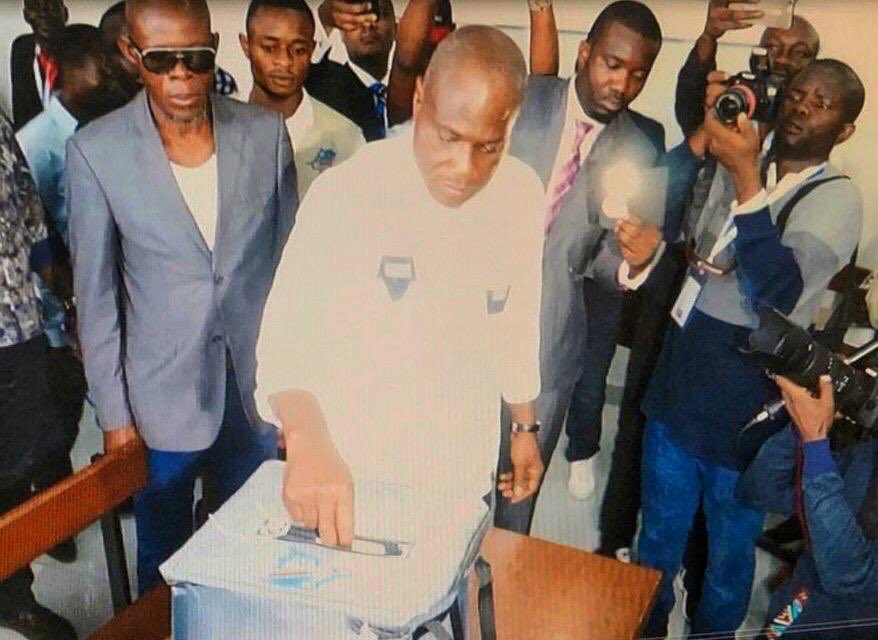
The atmosphere of political absurdity is reminiscent of Venezuela, where opposition member Juan Guaido proclaimed himself president – the only difference is that, in that case, the protesters received open support from US leadership (in the best tradition of a pro-American color revolution). But here, too, the United States is active – at the beginning of January, President Donald Trump said that the US would send military troops to Gabon if the situation in Congo gets worse.
The results of the elections raised questions both in the Congo itself and in the international community. A number of members of the international media reported on unofficial voting data, according to which Fayulu actually won the elections held on December 30, 2018.
African Union Pressure
On January 18, in connection with the unrest, the African Union demanded to postpone the publication of the final results. The government of the Congo rejected such a proposal, noting that this is an unprecedented case – “no country in the world can agree that its litigation is controlled by an external organization,” said government spokesman Lambert Mende.
However, a delegation from the African Union will still visit the Congo to monitor the situation. The delegation will be led by Paul Kagame.
Forecasts
The Democratic Republic of Congo is one of the most unstable countries in Africa. Since the end of colonial rule in 1960, this resource-rich country has never had a peaceful change of government.
We can expect further destabilization of the situation if the Americans intervene.
Africa is experiencing a period of revolutionary sentiment and major protests, which has lead some experts to start talking about an African Spring.
The general context against which the political battles are taking place is inter-ethnic clashes between ethnic groups such as the Banun and the Batende. Clashes occurred in four villages in the west of the country between December 16 and 18 last year. According to official data, 82 people were injured, but the UN insists that the real number of victims is much higher.
Between 1998–2002, the country became the scene of the Great African War (Second Congo War), into which almost all the states of Central and South Africa were drawn.
In addition, the struggle for the Republic is motivated by interest in the country’s natural resources. The country’s interior contains reserves of copper, cobalt, cadmium, bauxite, iron ore, coal, diamonds, gold, silver, petroleum, zinc, manganese, tin, and uranium. More than half of the world’s reserves of uranium are located on the territory of the republic.
Naturally, third-party countries seek economic and political influence in the region. The main buyers of exports (in 2017) were: China – 39.7%, Zambia – 21.7%, South Korea – 7.2%, Saudi Arabia – 7.1%, the main suppliers of imports (in 2017) were : China – 19, 4%, South Africa – 9.9%, Zambia – 10.6%, Belgium – 9%.
Although there is no the American base in the country, there are large numbers of UN troops. The United Nations Organization Stabilization Mission in the Democratic Republic of the Congo (MONUSCO) sent about 19,000 peacekeepers (including 16,998 military personnel) and has a mission of assisting Congolese authorities in maintaining security. Therefore, the problem in the Congo is not actually in the current elections, but a more general situation of instability.







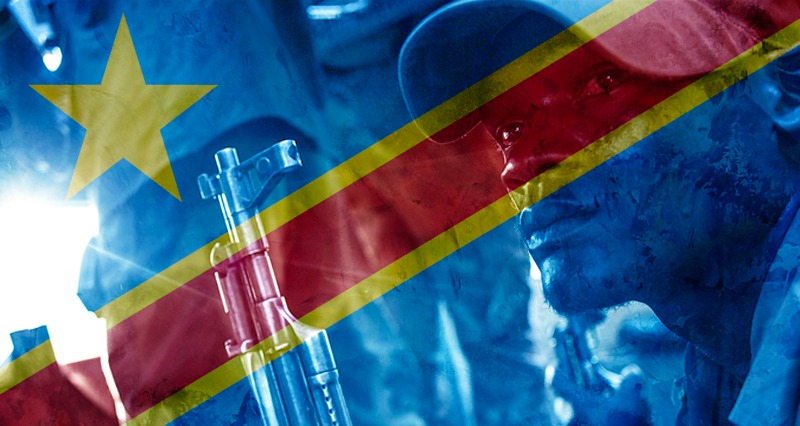






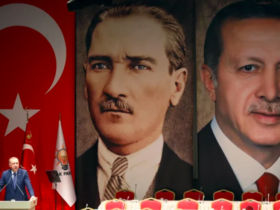
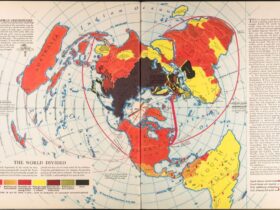

Leave a Reply